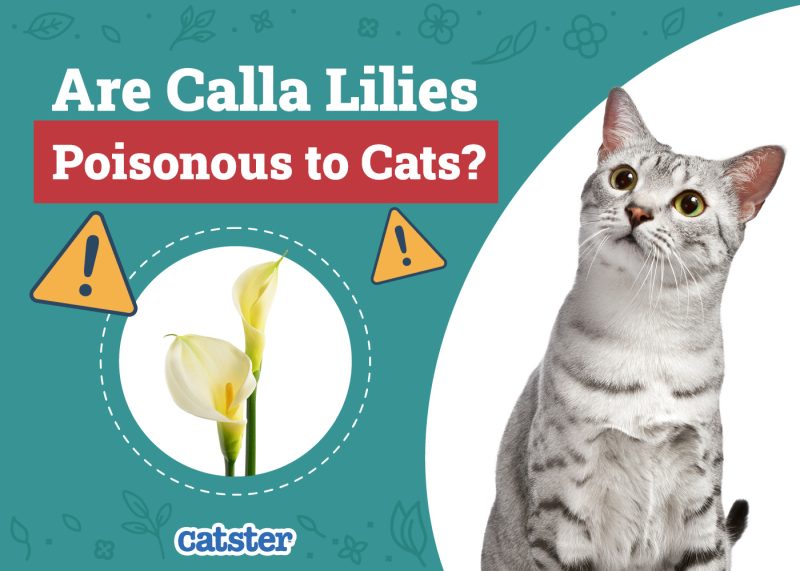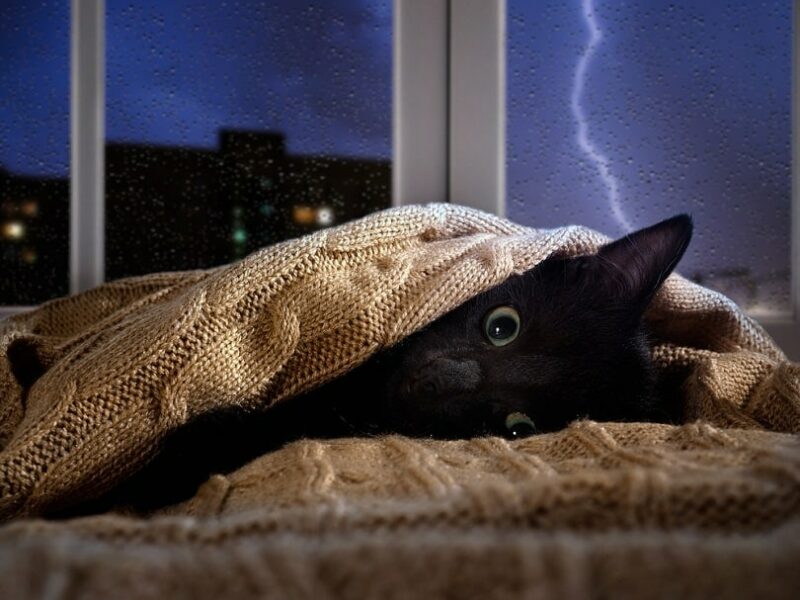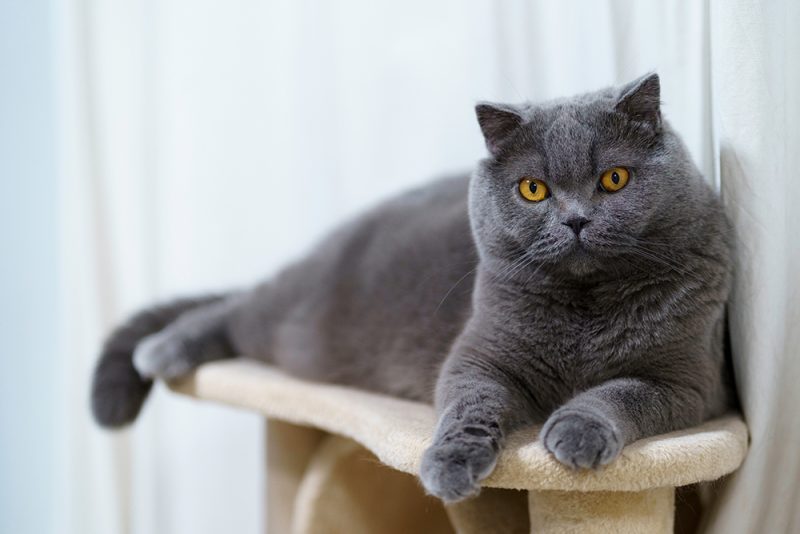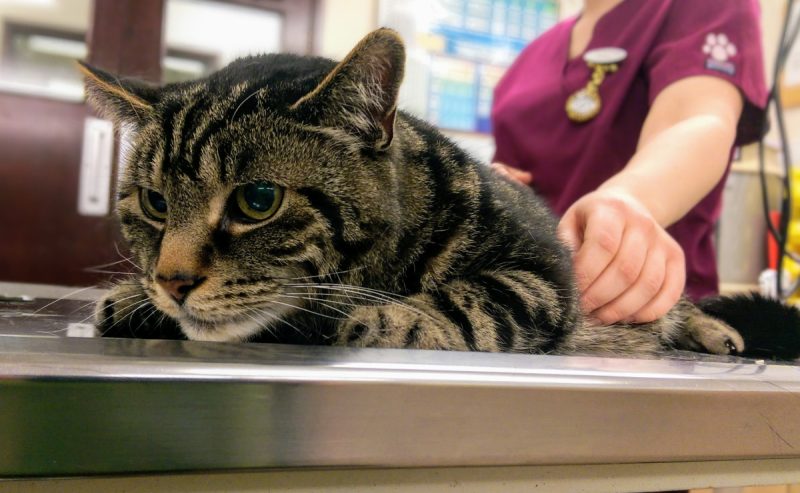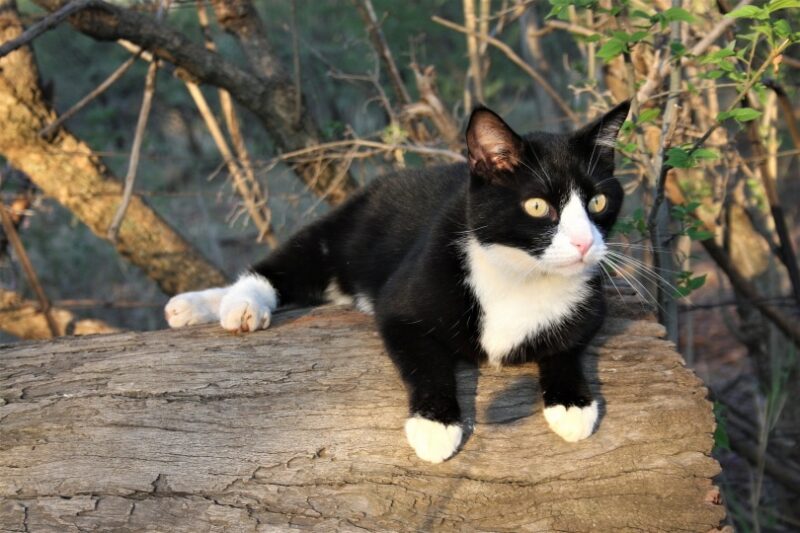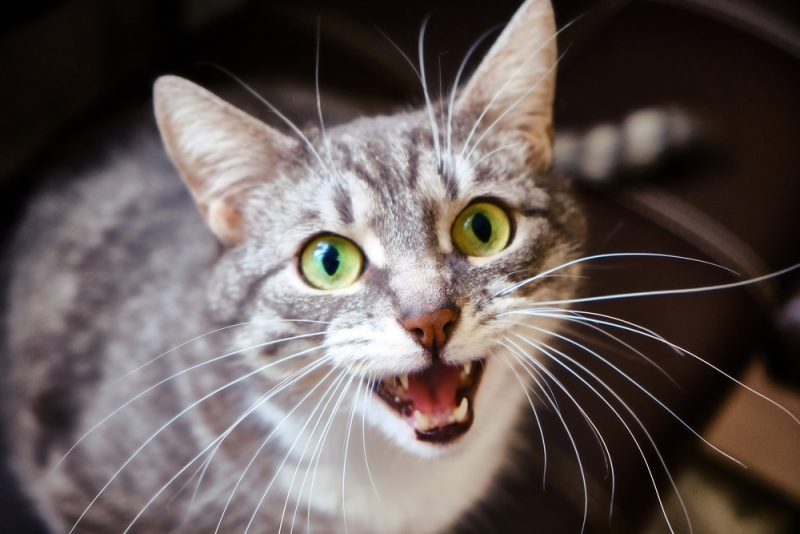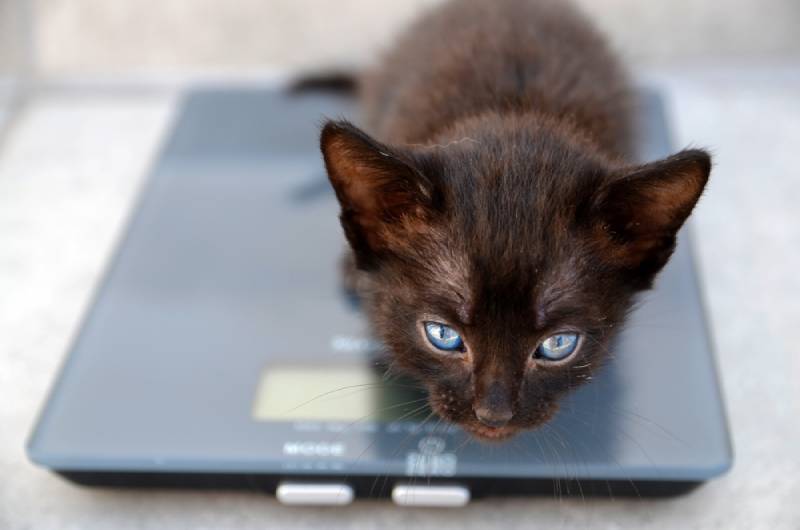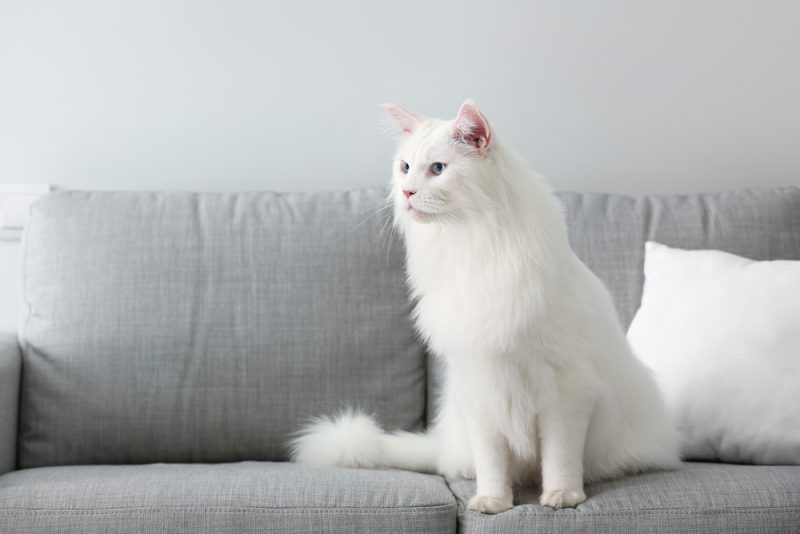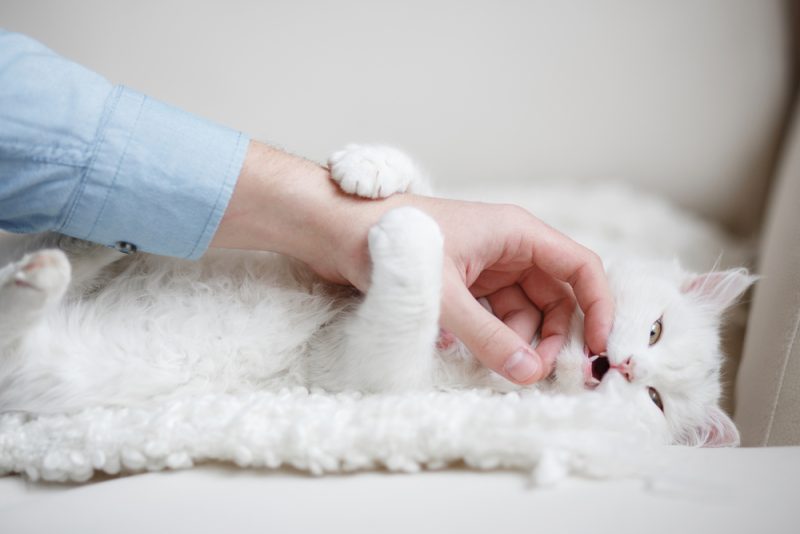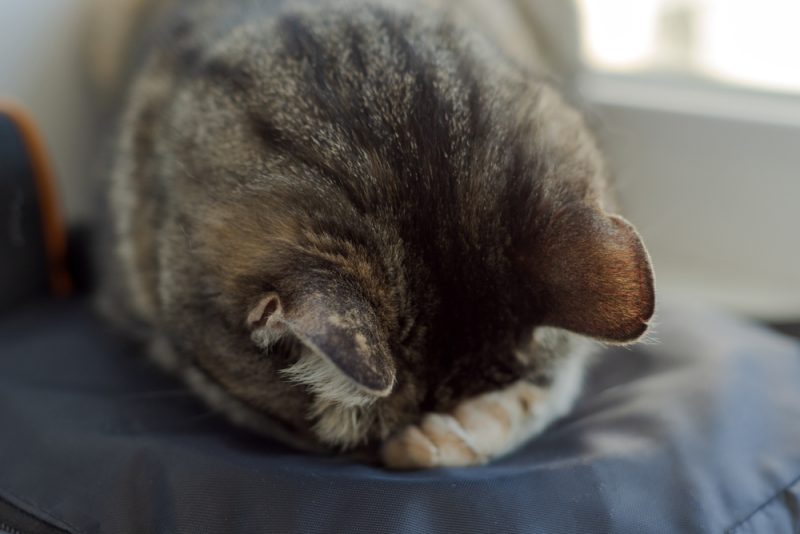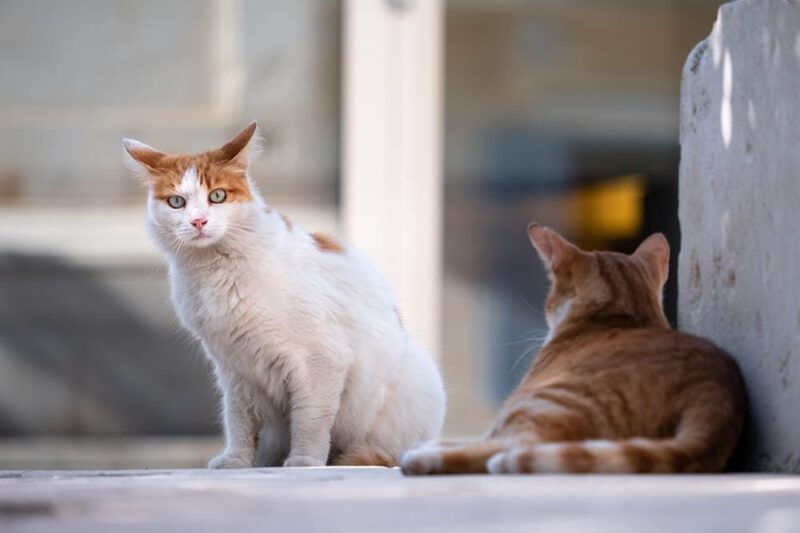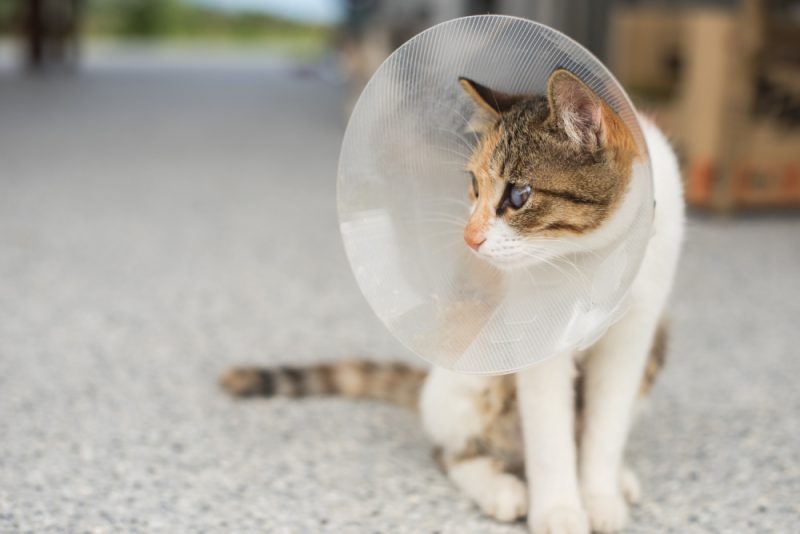In this article
Are calla lilies poisonous to cats? This is a question that has come up many times and one that many people are unsure of the answer to. Calla lilies do contain a substance that causes harmful effects in cats. However, there are few documented cases of poisoning from calla lilies in cats and even fewer where the cat died as a result.
Calla lilies (Zantedeschia aethiopica) are a type of flowering plant that can be found in the wild and gardens across North America but originate from Africa. Calla lilies can be harmful to cats if ingested. Cats typically only eat small amounts of flowers and leaves from plants, but if a large amount were ingested, it could cause serious illness or even death.

What Lilies Are Safe for Cats?
All lilies are unsafe for cats if they are ingested. There is variation among plants known as lilies. True lilies are from the Lilium family and grow from bulbs; calla lilies are not “true lilies”. Flowers such as Easter lilies, tiger lilies, Asian lilies, daylilies, and Japanese show lilies, pose a particular safety threat to your cats and can cause fatal kidney failure. Lilies such as calla lilies and peace lilies are not dangerous for your cat’s kidneys, however, they can cause irritation to the mouth and esophagus (tube connecting the mouth and stomach). There is a toxic component of “Lilies of the Valley” that causes abnormal heartbeats.
You should contact your veterinarian if you think your cat has eaten any type of lily as they vary in toxicity and, therefore, treatment recommendations.
If you need to speak with a vet but can't get to one, head over to PangoVet. It's an online service where you can talk to a vet online and get the advice you need for your pet — all at an affordable price!

What Are Calla Lilies?
Calla lilies, also known as Arum lilies, often produce white flowers, but some varieties produce flowers of different colors, like orange, yellow, and red. Calla lilies grow best in moist to wet soil and full sun or partial shade. They’re considered marginally aquatic and can grow along the edges of ponds or other water gardens. Calla lilies bloom in late spring or midsummer.

What Happens if a Cat Chews Calla Lilies?
Inquisitive, adventurous, or bored cats may nibble the lilies and become exposed to the irritating insoluble calcium oxalate crystals they contain. These crystals cause inflammation and irritation, especially of the mouth, tongue, and lips.
What Are the Signs of Calla Lily Ingestion?
Signs include hypersalivation, mouth pain, swelling of the tongue and lips, pawing at the face and mouth, and loss of voice due to swelling of the vocal folds. Tongue swelling can last for several days and cause the tongue to protrude from the mouth. Sap that contacts with broken skin, mucus membranes, or the eyes will cause irritation, resulting in dermatitis and eye irritations.
What Happens if a Cat Swallows Calla Lilies?
If a cat swallows calla lilies, they will likely vomit some of the plant matter shortly afterward. The lilies are mildly toxic to cats and can cause gastrointestinal distress. If a cat eats very many calla lilies, the toxins from the plant can cause serious health problems for the cat, including swelling in the mouth, esophagus, and stomach. In extremely rare cases, eating too much of the plant could be fatal.
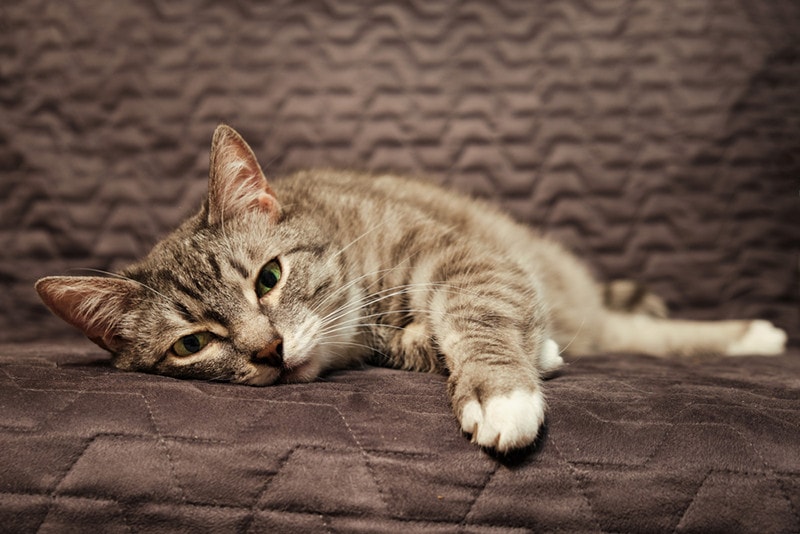
How Can Eating a Calla Lily Kill a Cat?
It is very unlikely that eating a calla lily would result in death. However, one way in which eating a calla lily could be fatal is that it may cause swelling of the throat or mouth that interferes with breathing. This constitutes a severe sign that requires emergency care. If a cat cannot breathe, it will suffocate. If a severe enough obstruction is present in the airways, it may prevent air from entering the lungs. Without oxygen, the cat’s organs will start to fail.
What Part of a Calla Lily Is Toxic to Cats?
Calla lilies are considered to be at least somewhat poisonous. Every part of the calla lily is toxic because the sap in the flower, leaves, and stems contain insoluble calcium oxalate, which is poisonous to cats. The bulbs of the calla lily have the highest concentration of these toxic crystals.

What Should I Do If My Cat Eats Calla Lilies?
It is important that you first clean your cat’s mouth so that no pieces of calla lily remain in it. You can clean your cat’s mouth with a wet cloth. Offer them a small amount of milk or yogurt to help bind the crystals. When there is contact with the skin or eyes, make sure that you thoroughly wash the area with water for 15 to 20 minutes. Lather the exposed area of the cat’s skin with soap and warm water several times to remove any traces of the calla lily from its fur.
It is imperative that you take your cat to the vet if they show any signs of swelling or any other serious symptoms. Be sure to take a photo, part of the plant, or the entire plant with you when you go to the veterinarian. By doing so, your vet will be able to better understand your cat’s predicament.
How Is Calla Lily Poisoning Treated by the Vet?
Antidotes are not available. In addition to supportive therapy, antihistamines and corticosteroids may be used to reduce swelling. In order to reduce swelling caused by calcium oxalates, the veterinarian will rinse the cat’s mouth and facial areas. Your cat may also be given pain medication and intravenous fluids to prevent dehydration.
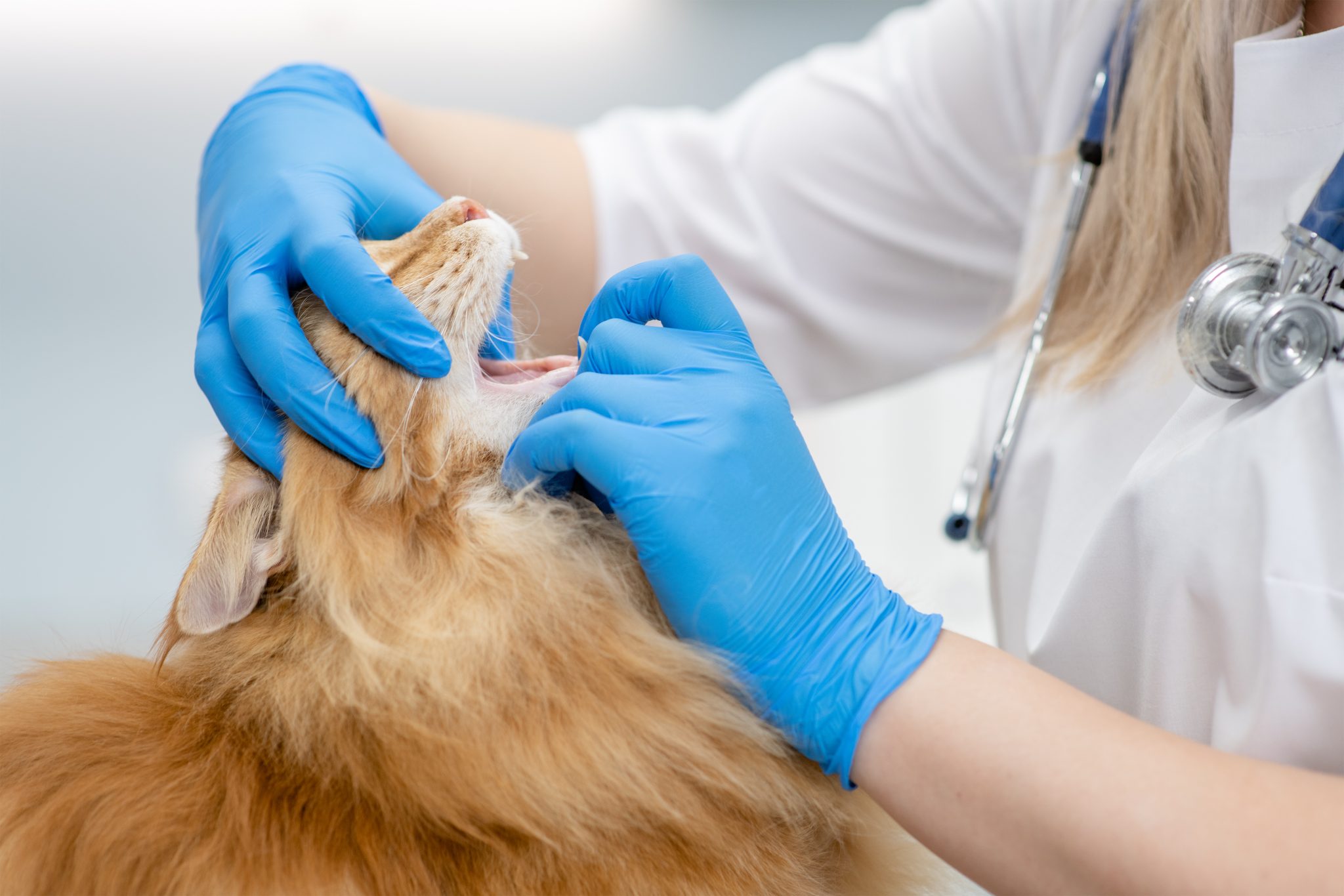
Are Calla Lilies Poisonous to Humans?
Although it is less likely that a human will ingest them, it is still possible. While poisoning is very rare, eating or swallowing the leaves of the calla lily plant almost certainly will result in unpleasant side effects. If the juices of the plant are in contact with the skin, they can cause it to tingle, burn, swell, and cause pain. There are rare instances in which calla lily poisoning can cause serious symptoms in humans.
Is It Safe to Have Calla Lilies Around Cats?
There is some debate over whether or not it is safe to have calla lilies around cats. The truth is that there is no definitive answer, as different cats have different personalities and will react differently to different plants.
However, it is generally recommended that people keep calla lilies away from their cats, just in case. If you do have them in your home, make sure your cat cannot reach your calla lilies. If that isn’t possible, your best bet is to keep calla lilies away from your home.
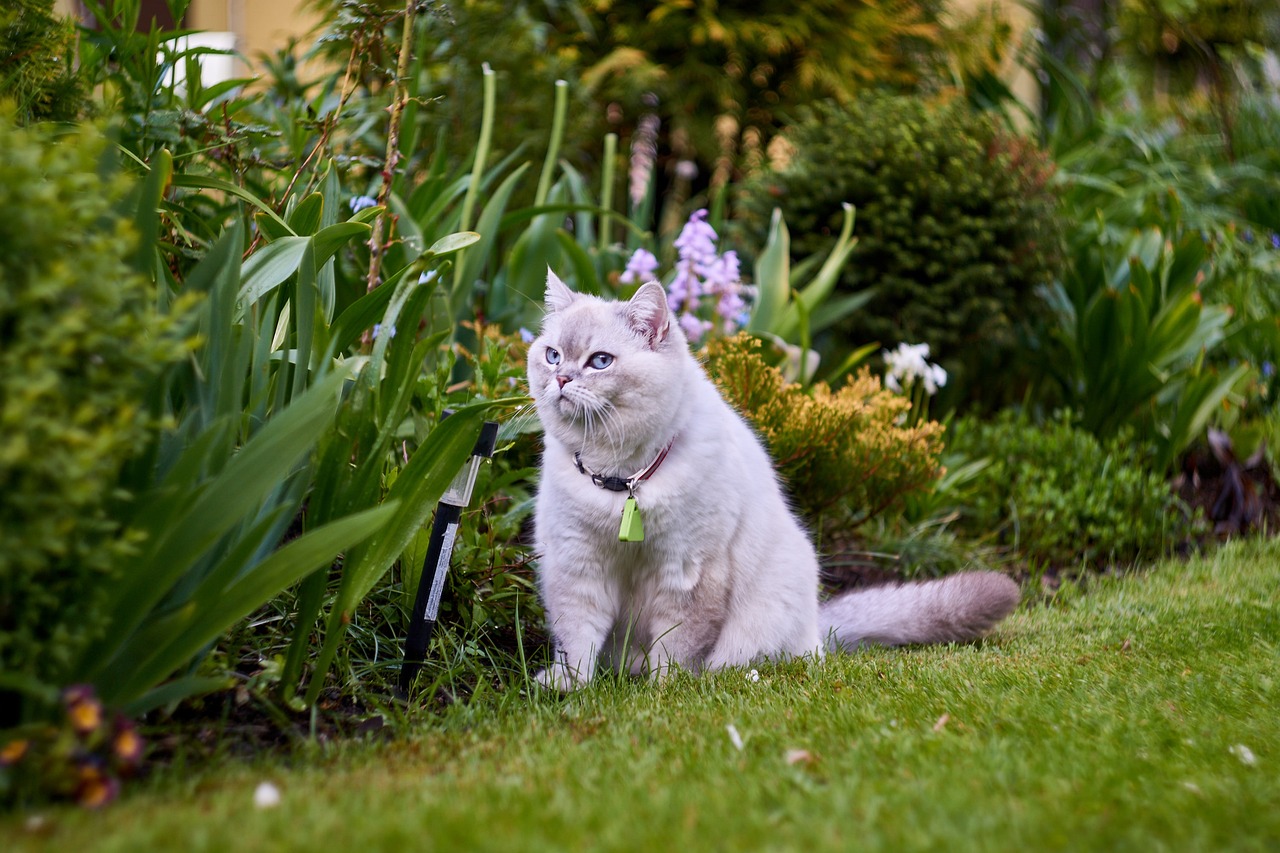

Conclusion
In conclusion, it is important to be aware of the potential dangers of common houseplants, especially if you have pets. While most plants are not harmful, some can be dangerous or even fatal if eaten. So if you are unsure about whether a plant is safe for your pet, it is best to err on the side of caution and avoid giving them access to it.
Calla lilies are not very dangerous for cats but can still cause a very unpleasant experience. While they may cause mouth pain and some stomach upset, they are not generally deadly, as they would have to be ingested in large quantities to pose a risk. If you are ever unsure whether or not a plant is poisonous to your pet, be sure to consult with your veterinarian.
Featured Image Credit: Anne M Vallone, Shutterstock
